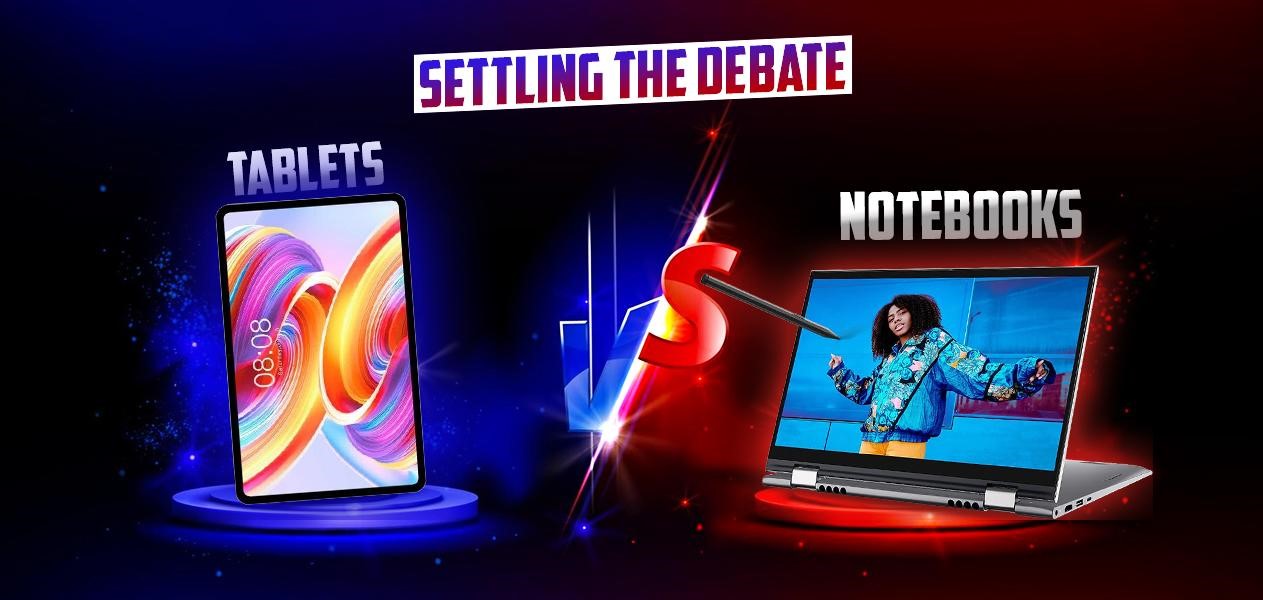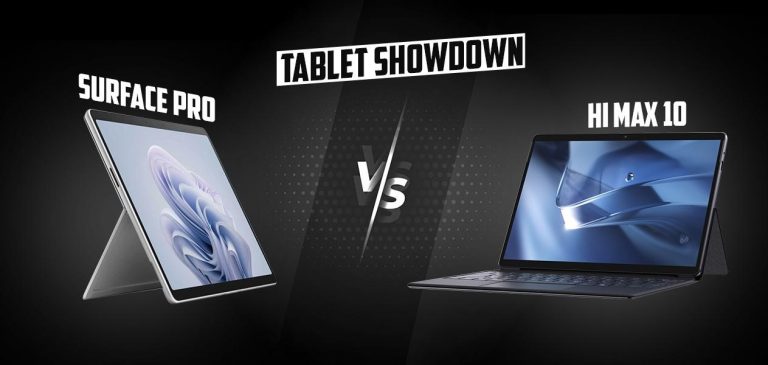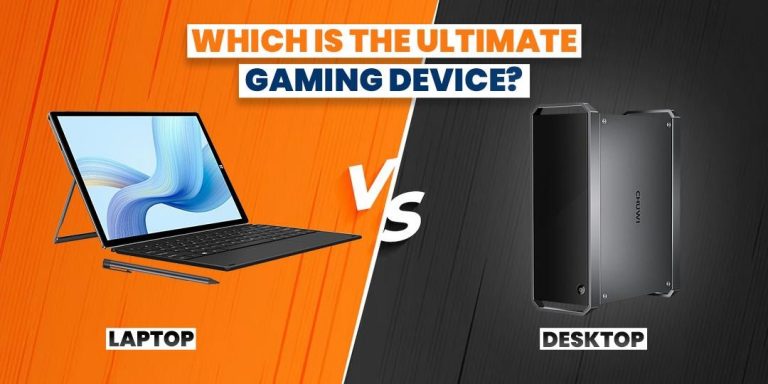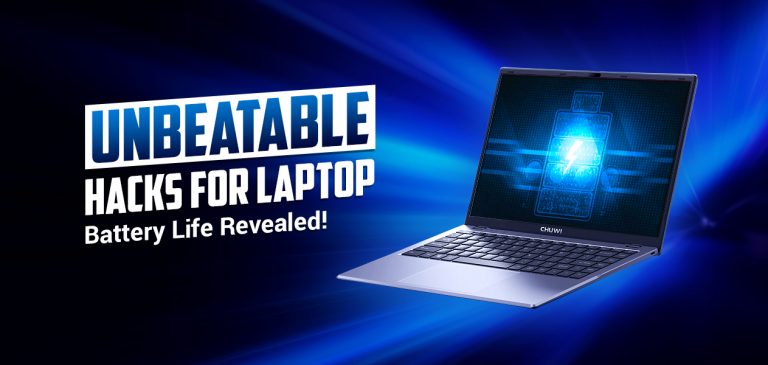How to Choose the Right Device? Notebook vs. Tablet PC
Need help deciding between a tablet and a notebook PC? You’re not the only one! These two portable devices can blur the lines, making choosing a challenge. But fret no more! This blog will be your guide, dissecting the key differences between notebook and tablet PCs. We’ll cover performance, portability, usability, and ideal uses to help you find your perfect tech match.
Powerhouse vs. Streamlined Performer
When comparing tablet vs notebook, the core difference between a notebook and a tablet PC lies in their processing power. Notebooks, also known as laptops, are miniaturized computers. They pack processors like Intel Core i5 or AMD Ryzen, capable of handling demanding tasks like video editing or running professional software. Tablets, on the other hand, prioritize portability and battery life over raw power.
They often use mobile processors like Qualcomm Snapdragon chips and Intel Core i5, optimized for web browsing, social media, and entertainment. The Chuwi UBook X is powered by an Intel Core i5-10210Y processor, a low-power U-series chip designed for thin and light laptops, offering a balance between performance and battery efficiency.
Freedom to Roam: The Portability Showdown

Tablets are the undisputed champions of portability. Their slim designs and lightweight build, often under two pounds, make them ideal for slipping into a purse or backpack for all-day use. Notebooks can also be quite portable, especially ultrabooks that prioritize thinness and lightness. However, the fight for portability becomes a clear notebook vs tablet PC difference when you consider the integrated keyboard and trackpad.
These essential features add some bulk to notebooks, making them less convenient to carry around compared to a tablet’s minimalist design. If portability is your top priority, a tablet might be the clear winner. However, for users who value the ability to type comfortably and navigate with a trackpad, the slight compromise in portability with a notebook might be worthwhile.

Typing Prowess vs. Touch-Friendly Interface
When it comes to usability while differentiating notebook vs tablet, the battleground shifts to input methods. Notebooks excel at traditional text input with their physical keyboards. This makes them perfect for writing lengthy documents, emails, or coding. Tablets, however, prioritize touchscreens. While some offer attachable keyboards, their primary input method is the touchscreen, ideal for swiping, tapping, and handwriting with a stylus.
The Chuwi UBook X bridges the gap between tablet and notebook with its detachable keyboard. This allows you to enjoy the tablet’s portability for casual use and then click on the keyboard for a more productive laptop experience when needed.
Finding Your Perfect Use
Now that you understand the core differences, let’s explore ideal use cases. If you’re a student, writer, or professional who cranks out lengthy documents, codes, or edits videos, a notebook PC’s traditional keyboard and stronger processing power become clear advantages. Gamers will also appreciate the ability to run demanding games smoothly. However, for many users, the convenience and portability of a tablet PC can be a game-changer.
If your daily tasks revolve around web browsing, social media, catching up on emails, or enjoying movies and eBooks, a tablet PC offers exceptional versatility. Many tablets even excel at light productivity tasks like note-taking, creating presentations, or managing spreadsheets. When portability and a streamlined user experience are top priorities, a tablet PC can be the perfect way to stay productive and entertained on the go.

Beyond the Basics: Special Features
Both tablets and notebooks offer additional features to consider. Many notebooks come with various ports like USB-A, USB-C, and HDMI, allowing for easy connection to peripherals. Tablets often prioritize sleek designs and minimize ports, relying on wireless connections like Bluetooth. Additionally, some tablets boast superior battery life, lasting a full day on a single charge.
Craving a tablet that excels at entertainment and casual productivity? Look no further than the Chuwi HiPad Max 10.36″ with its stunning 2K display and powerful Snapdragon processor. This Android 12 tablet is perfect for streaming movies, browsing the web, and even tackling light work projects, all while offering exceptional portability for on-the-go use.
The Convertible Compromise
While convertibles offer the functionality of both tablets and notebooks, they can also be bulkier and pricier than traditional tablets. For users who prioritize ultimate portability and a streamlined user experience at an affordable price point, a tablet can be the perfect solution.
Take the Chuwi HiPad Max, for example; with its detachable keyboard, it can be transformed for productivity tasks when needed but maintains a slim and lightweight design for comfortable carrying throughout the day. This flexibility makes tablets a compelling choice for users who value mobility and a balance between entertainment and productivity.
The Final Verdict: You’re in Charge!
Ultimately, the choice between a notebook and a tablet PC depends on your individual needs and priorities. Consider how you’ll be using the device, the importance of performance versus portability, and your budget. By understanding the strengths of each type of device, you’ll be well-equipped to make an informed decision and select the perfect tech companion for you.
For users who prioritize a balance between affordability, portability, and everyday functionality, tablet PCs with expandable storage and long battery life can be an excellent choice. So, ditch the bulk and embrace a mobile lifestyle with a tablet PC!






